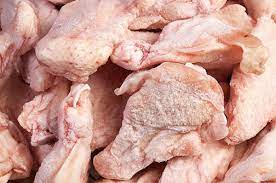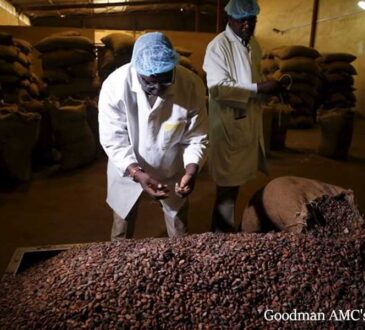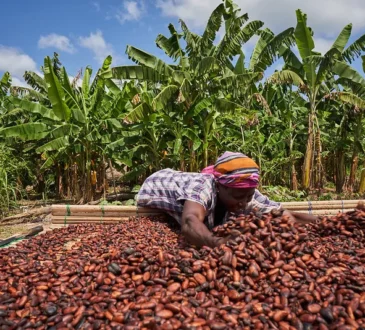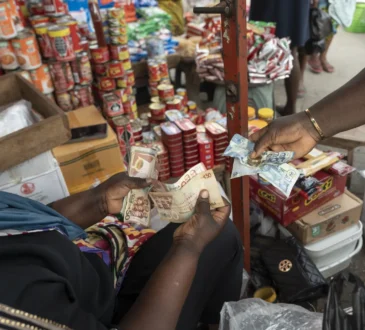
The EU regularly exports large quantities of poultry meat to West African countries. These exports have been criticized for harming importing countries in West Africa and exacerbating poverty there. The reason: Cheap imports depress the local price of chicken, making life difficult for local smallholders.
Researchers at the Universities of Bonn and Göttingen have now used the example of Ghana to calculate the effects that would result if the country were to significantly increase its import tariffs for poultry meat or even stop imports completely. The result: Prices would indeed rise domestically, but most local households would not benefit. The study has been published in the journal Food Security.
The EU mainly exports chicken parts in large quantities to various West African countries, including Ghana. “The topic is much discussed when it comes to poverty, international trade and Europe’s role for the agricultural sector in Africa,” says Prof. Dr. Matin Qaim of the Center for Development Research (ZEF) at the University of Bonn.
He and his team used nationally representative data from about 14,000 households in all regions of Ghana in their current study. They combined this micro data of production and consumption with a trade model. The approach is new in this context: “Such a combination of micro and macro data has not been used before to study the effects of poultry imports on different populations in West African countries,” says Matin Qaim. Previous case studies focused primarily on poultry producers.
The researchers calculated what the effects would be if Ghana were to significantly increase its import tariffs for poultry meat or even stop imports completely. The result: Domestic prices would, in fact, rise. If imports were stopped, local producers would get over a third more for selling their chicken—though most households in Ghana would not benefit.
“This is because prices for consumers would also increase, and there are significantly more consumers than poultry producers,” explains lead author Isabel Knößlsdorfer of the University of Göttingen. On the producer side, another factor is that many smallholder households produce poultry primarily for their own consumption, so they are less affected by prices.
Disadvantages for most households
In their analysis, the researchers also distinguished between poor and less poor households in urban and rural areas. “We show that all of these groups would be worse off on average without poultry imports than with the imports. Poor households would eat 80% less chicken if imports were stopped,” says Isabel Knößlsdorfer. Demand for poultry meat is rising sharply in many African countries and cannot be met by domestic production alone, she explains. These basic findings can also be applied to other importing countries in West Africa. “Our results show that international agricultural trade can have important positive development effects for West Africa,” Knößlsdorfer emphasizes.
“A reduction in meat consumption in Europe would be entirely desirable for sustainability reasons, but in Africa the situation is different. Meat consumption is still very low in most African countries, so the cheap availability through imports improves the local supply and nutrition situation with proteins and other important nutrients,” says Matin Qaim, a member of the Transdisciplinary Research Area Sustainable Futures and Cluster of Excellence PhenoRob at the University of Bonn.
“Of course, local agriculture in Africa also needs to be strengthened and promoted, however, striving for local self-sufficiency does not make sense for all products,” Qaim says. While a few households suffered from cheap imports, many more households benefited. According to the team, it makes more political sense to target disadvantaged households instead of imposing general import restrictions.







